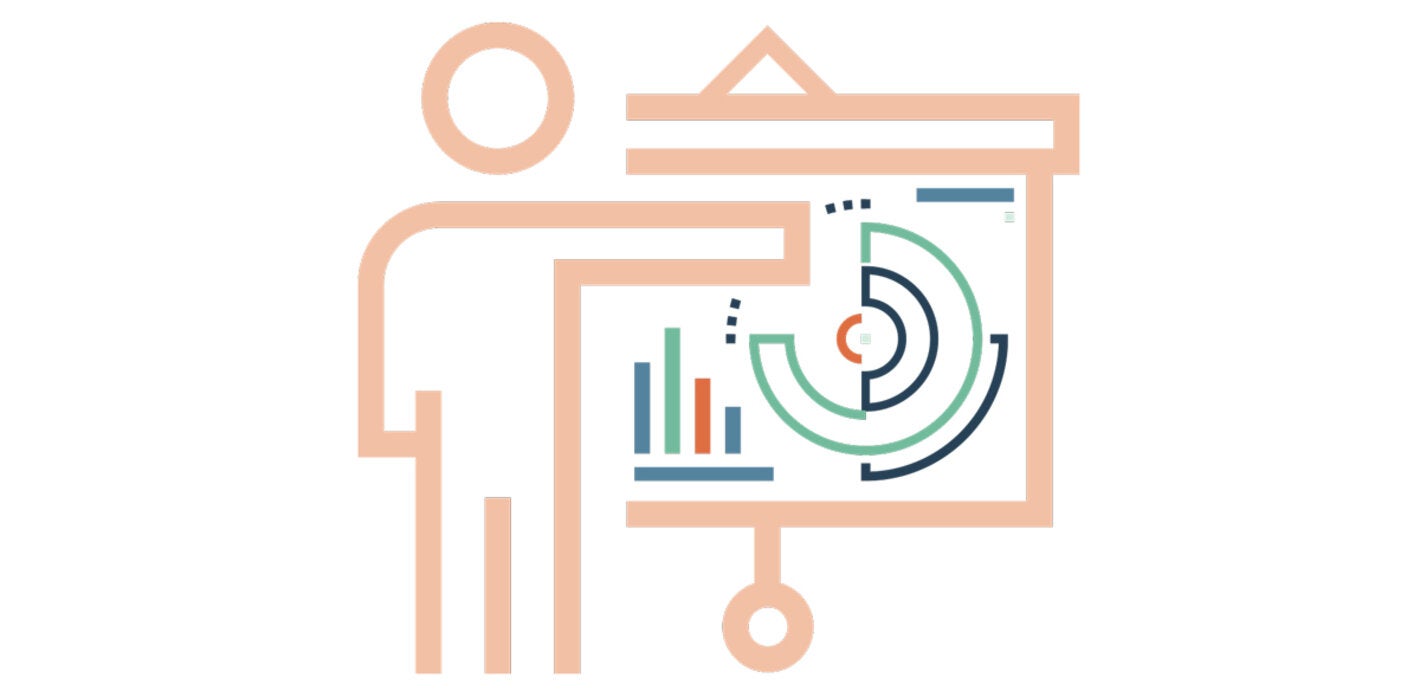
Washington D.C. / Seattle, WA, April 2, 2019 (PAHO/PATH)—A new report from the Pan American Health Organization (PAHO) and PATH, Immunization Data: Evidence for Action (IDEA), has launched to provide the immunization community with clear, proven strategies for improving the quality and use of immunization data.
While advances in information technology have led to continuous increases in the amount of health data available, data remains an underutilized resource in the design and implementation of immunization programs throughout the world. The IDEA review identifies five proven strategies to improve data use and outlines how funders, policymakers, and program implementers can incorporate these best practices to improve the efficacy of state, regional, and national immunization programs. These include:
- Strategies that address barriers to immunization should be interconnected and mutually reinforcing;
- The more data is used, the more likely its quality will improve;
- Data should be an integral part of health decision-making;
- Digital information systems should be utilized to provide high-quality data to decision makers in real time;
- The use of digital systems should be phased to ensure that the proper infrastructure is in place to manage them.
“The Region of the Americas has some of the highest levels of vaccination coverage in the world but despite this, many hard-to-reach populations are still left behind,” said Dr. Martha Velandia, Regional Immunization Advisor at PAHO. “Ensuring that practitioners have access to rigorous immunization data is vital for the design and implementation of evidence-based programs that we know will work. The IDEA review is a huge step towards compiling this evidence and highlighting the areas where more data is needed,” she added.
IDEA Review
The IDEA review, funded by the Bill & Melinda Gates Foundation, draws on findings from nearly 550 documents—including published literature, working papers, project evaluations, and reports—distilled and prioritized by global immunization experts. The resulting report provides a concise guide for global and public health practitioners, explaining what works to improve data quality and use, why it works, and how the immunization community can take evidence-based action to improve immunization outcomes around the world.
“PATH and PAHO conducted the IDEA review to systematically gather available evidence and identify where interventions are working to improve immunization data use and where we have gaps in information,” said Laurie Werner, Global Director of the BID Initiative with PATH. “The five strategies described by the review are intended to serve as a resource for all of us working in the immunization community and help to advance and refine the efforts that are really working.”
PATH and PAHO were supported in developing the IDEA review by a steering committee that includes global and regional senior leaders in the areas of immunization, data quality, and data use from the World Health Organization; United States Centers for Disease Control and Prevention; United Nations Children’s Fund; Gavi, the Vaccine Alliance; and the Swiss Tropical and Public Health Institute.
The IDEA review is being launched this week in conjunction with the Strategic Advisory Group of Experts (SAGE) on Immunization meeting being held in Geneva, Switzerland. As the principle advisory group to the WHO for vaccines and immunization, SAGE represents an important stakeholder who can help translate the IDEA findings into practice.
#FindYourFinding
IDEA partners also launched the aligned #FindYourFinding interactive campaign, inviting practitioners across the immunization and global health community to explore the IDEA review and share how they plan to act on its findings. The campaign website, findyourfinding.org, brings the strategies to life through testimonials from partners and supporters.
The use of high-quality data is a cornerstone of well-functioning immunization programs. Access to accurate and complete data allows public health decision-makers to understand which populations are underserved and where resources can be allocated most effectively. When health workers have usable vaccine data, they can determine which children are due for a vaccination and conduct the necessary outreach to ensure they visit the facility. This use of data results in improved vaccine coverage and equity.
The Pan American Health Organization (PAHO) works with the countries of the Americas to improve the health and quality of life of its population. Founded in 1902, it is the world’s oldest international public health agency. It serves as the Regional Office of WHO for the Americas and is the specialized health agency of the Inter-American system.
PATH is a global organization that works to accelerate health equity by bringing together public institutions, businesses, social enterprises, and investors to solve the world’s most pressing health challenges. With expertise in science, health, economics, technology, advocacy, and dozens of other specialties, PATH develops and scales solutions—including vaccines, drugs, devices, diagnostics, and innovative approaches to strengthening health systems worldwide. For more information, visit: http://www.path.org.
Links
Media Contacts
Kate Davidson | PATH | media@path.org
Ashley Baldwin| PAHO | baldwinash@paho.org



